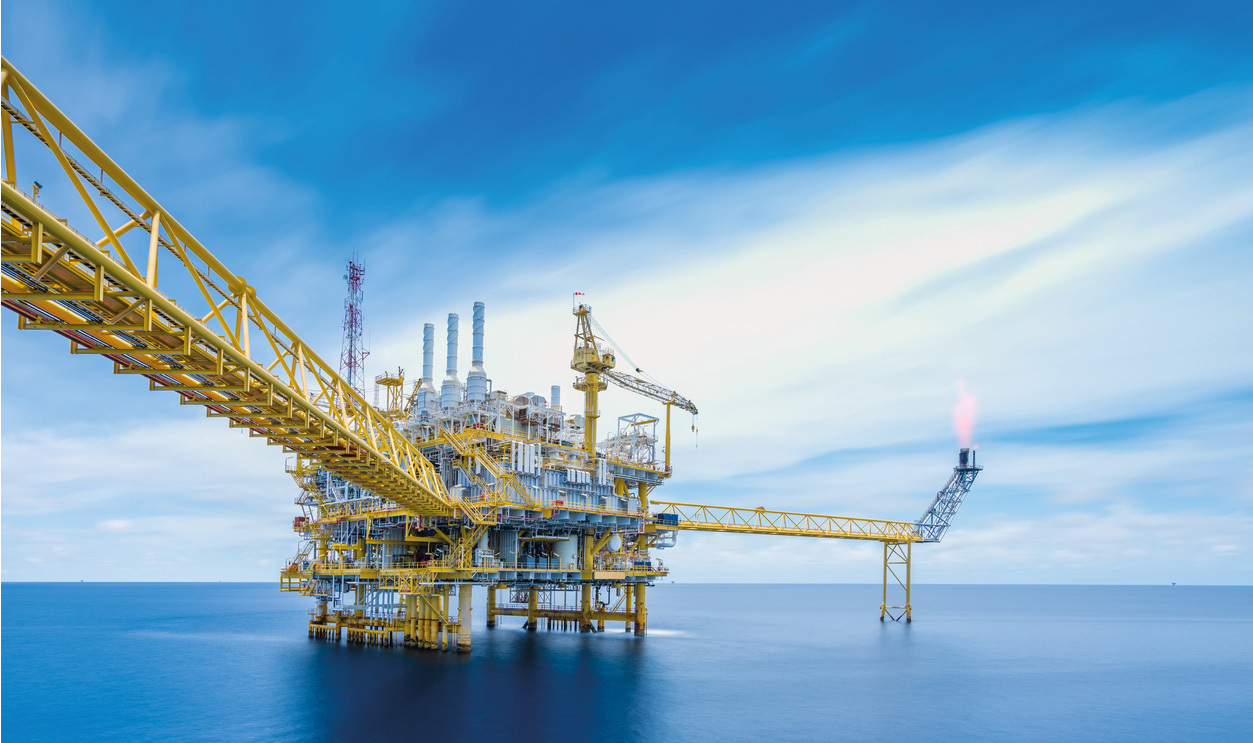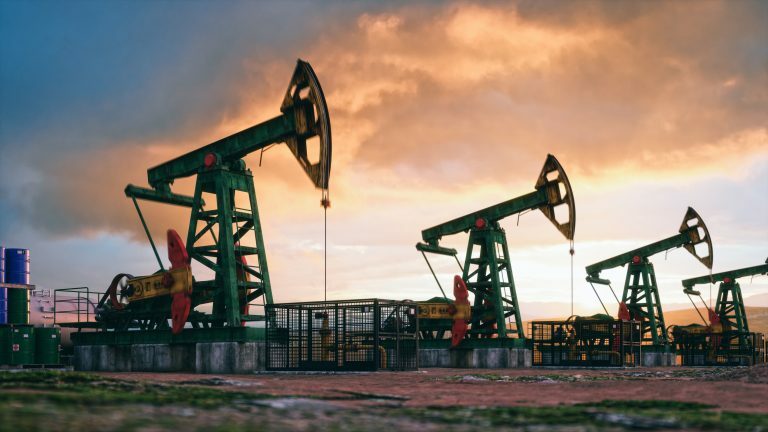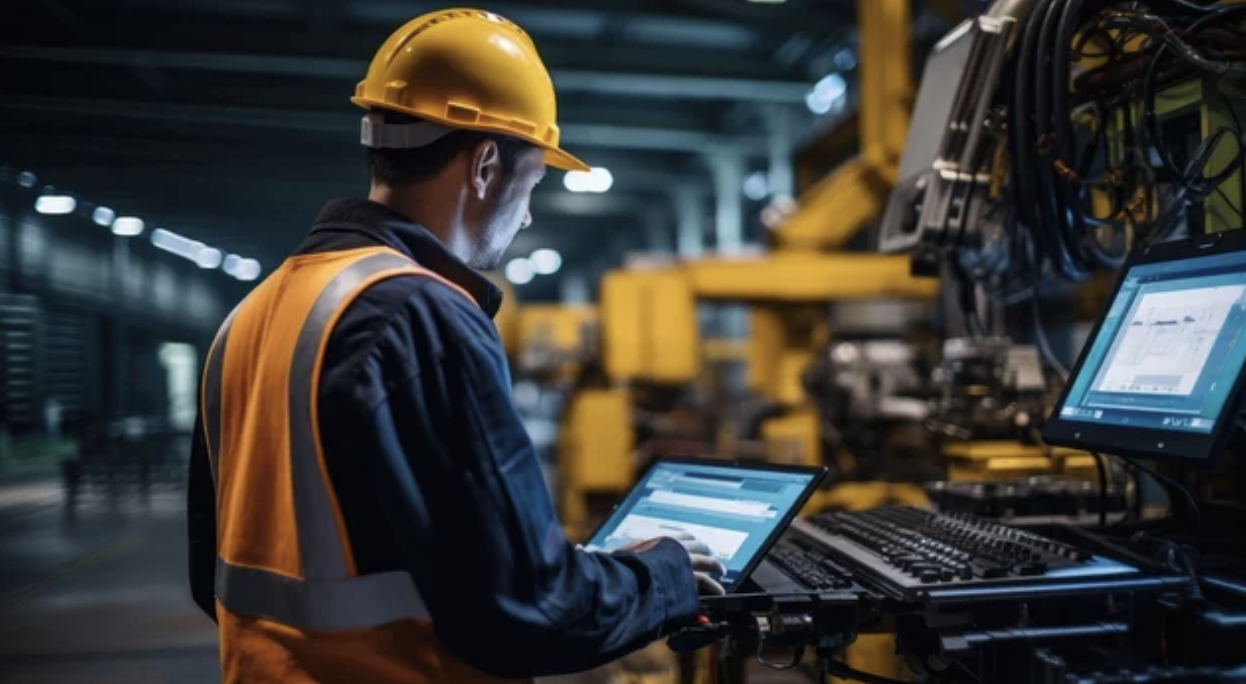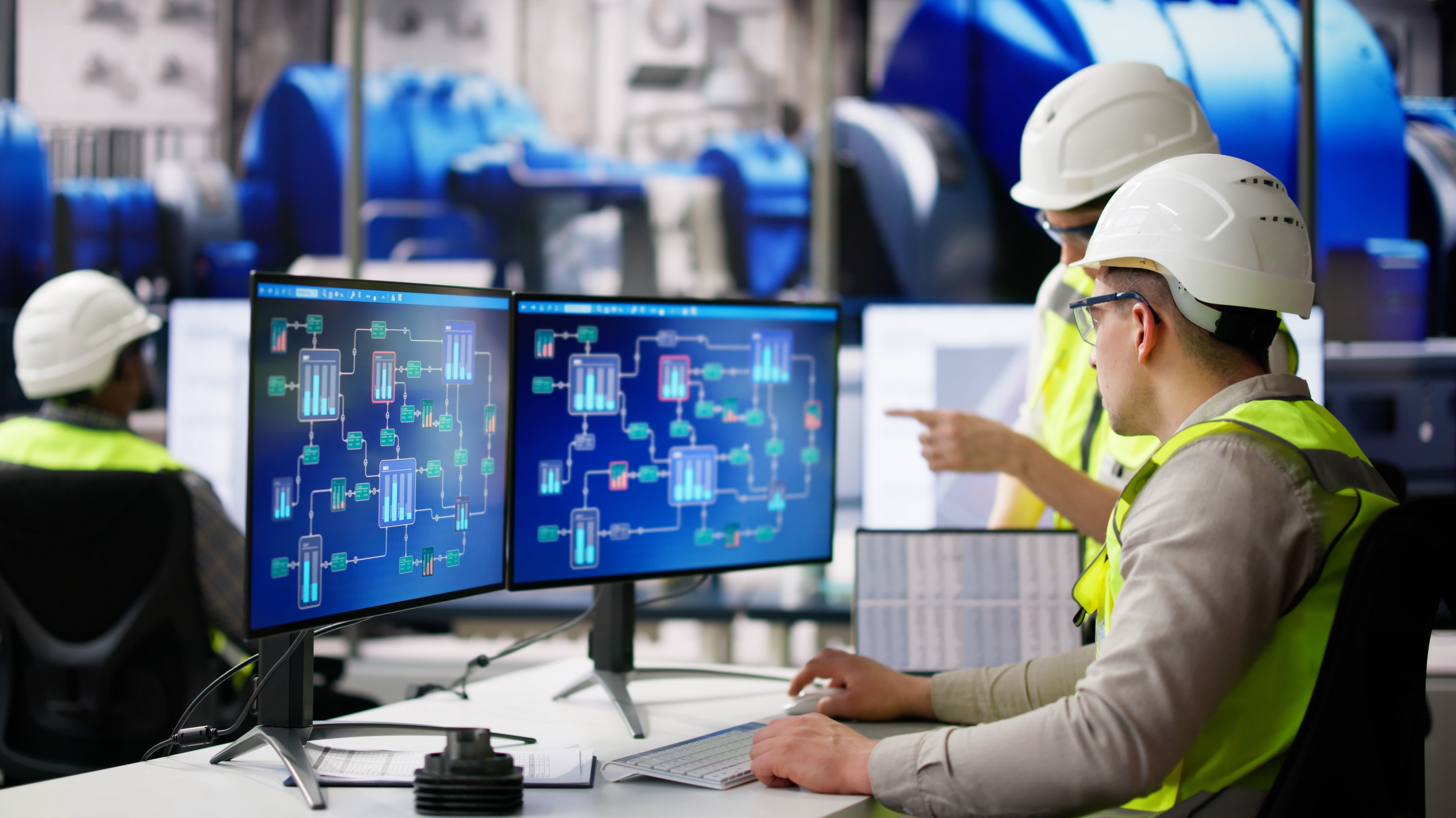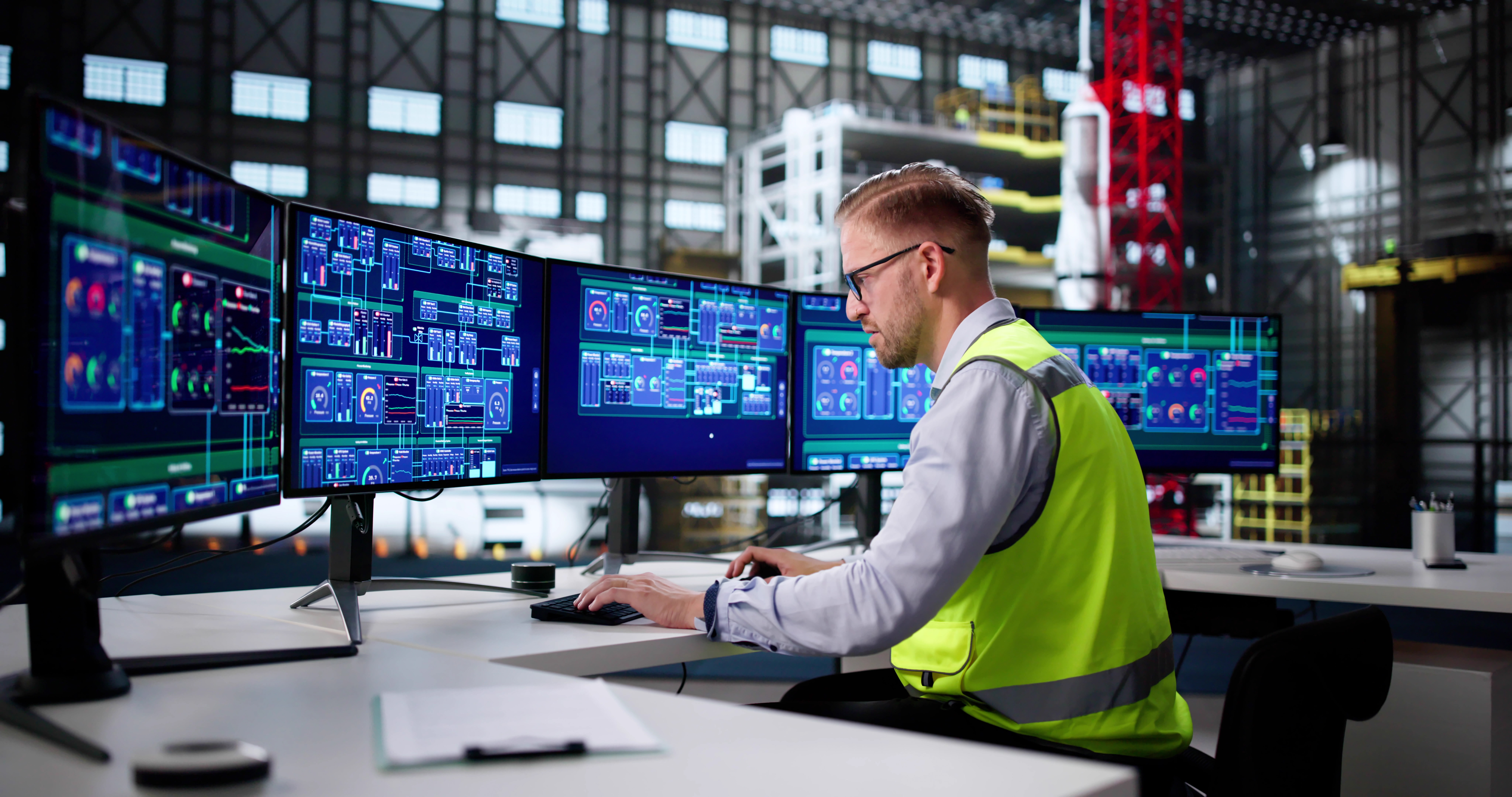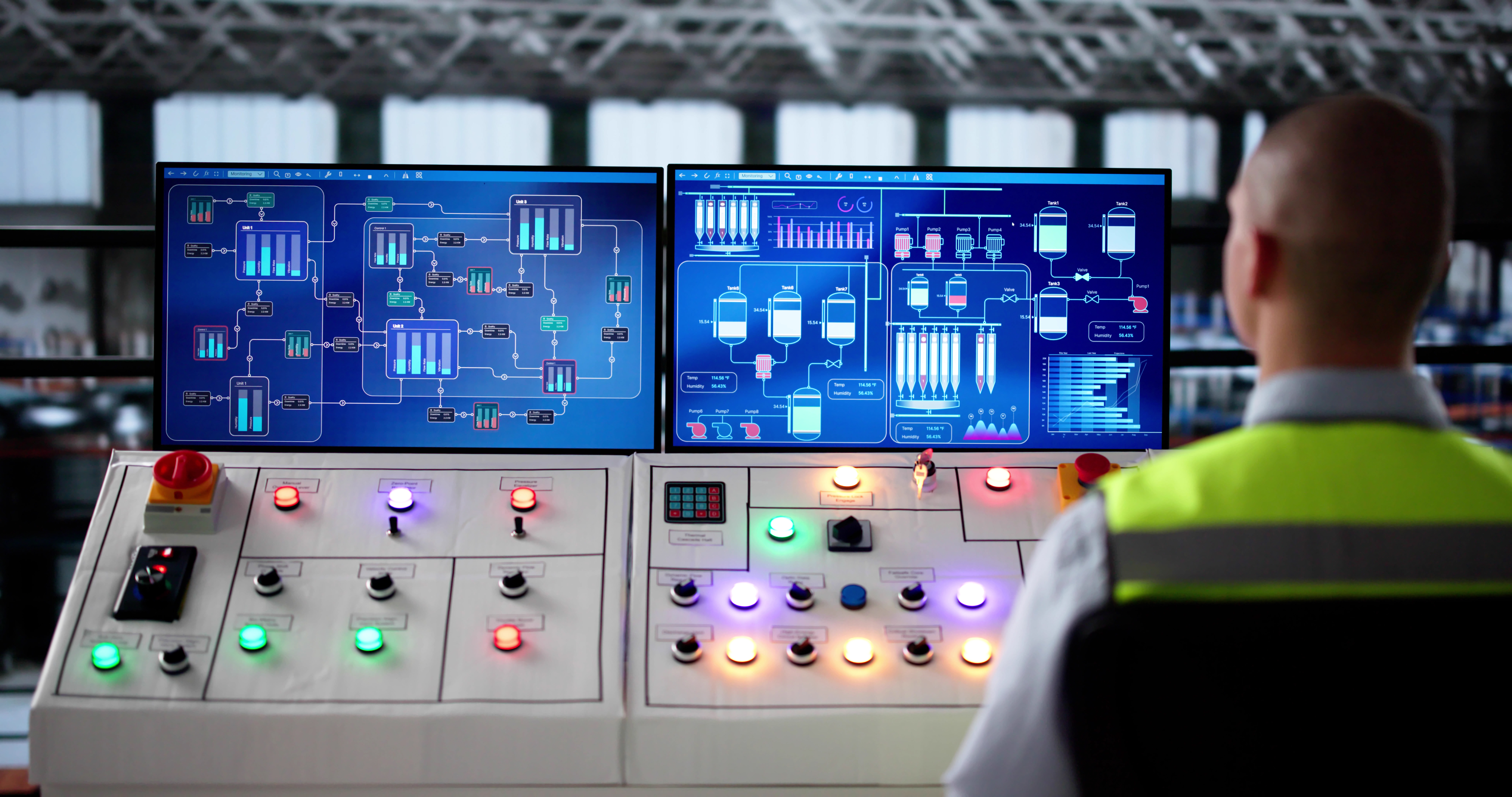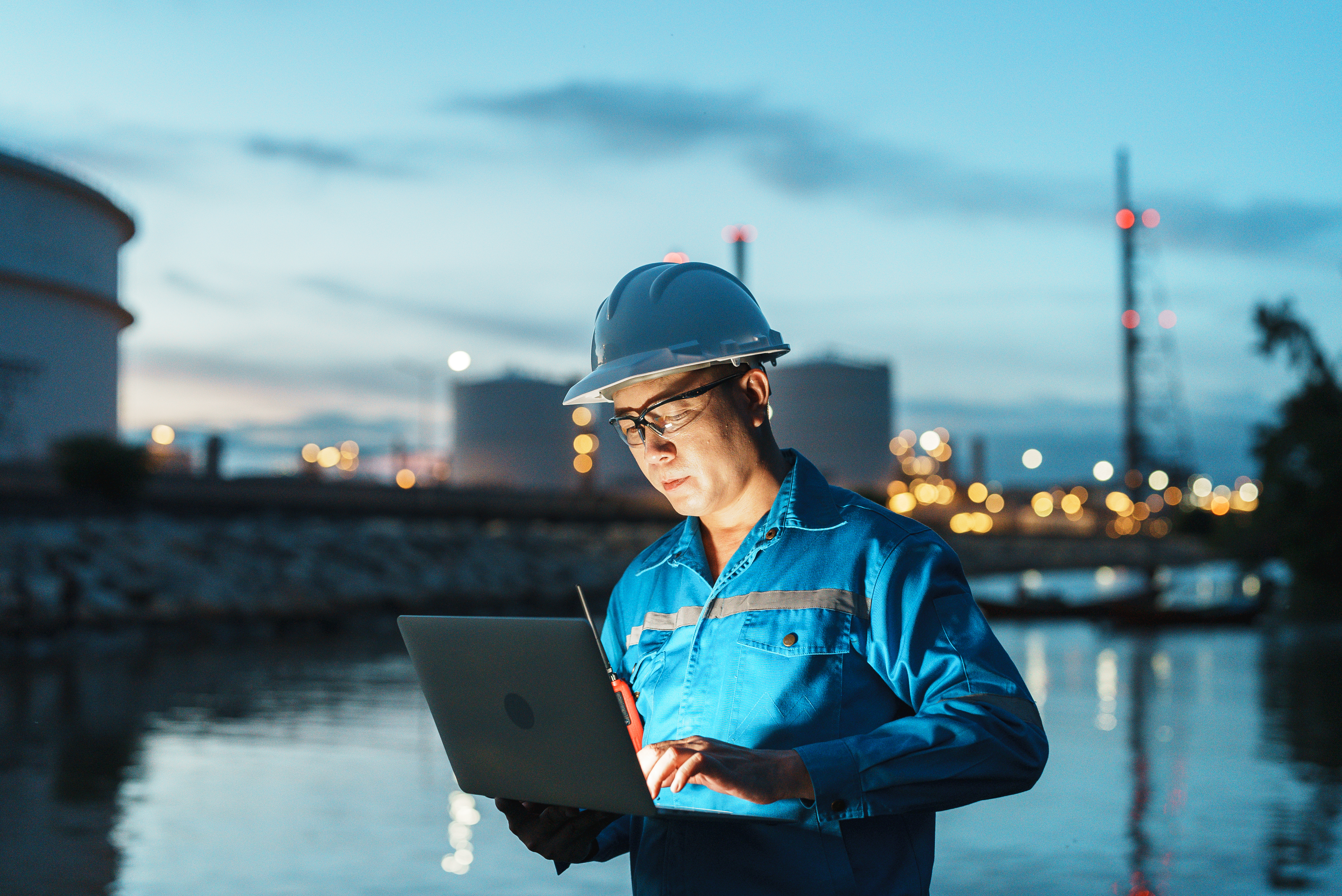
Oil and gas | 09 October 2025
Reliability in Oil and Gas: The Case for Data Sharing
Published by Greg McAllister
Anonymous data sharing is key to improving reliability in the oil and gas industry. By learning collectively from near misses, failures, and performance data, operators can prevent incidents and strengthen safety across the sector.
Improving reliability in oil and gas is essential to meeting global energy demand while minimising operational risk. Disasters like Piper Alpha and Deepwater Horizon are tragic reminders of the human, financial, and environmental consequences. When system reliability fails, the impact is severe. True progress depends not only on advances in technology and maintenance, but on breaking down information silos and encouraging transparent, anonymous data sharing across companies.
Today, commercial interests, legal risk, and reputational concerns often prevent operators from sharing reliability data, near-miss reports, and system failures. This lack of collaboration limits collective learning and slows safety improvements across the sector. The more accurate and openly shared the data, the stronger the industry's ability to prevent repeat failures.
Below is how a structured, anonymous approach to reliability data sharing would transform the industry.
1. Proactive Risk Mitigation and Predictive Maintenance
Identifying Common Failures Faster: When operators share data on reliability in oil and gas, recurring issues across different platforms and manufacturers become visible far sooner. For example, if several companies report reliability problems with a specific valve or pump type, that insight can support better maintenance planning, redesigns, or even product recalls, as demonstrated in this reliability analysis and maintenance case study.
Enabling Predictive Analytics: A broad dataset allows predictive maintenance models to become more accurate. With better insight into reliability trends, operators can identify failures before they occur, reduce unplanned shutdowns, and minimise the risk of environmental incidents, financial losses, or loss of life.
Benchmarking and Best Practice Adoption: Shared reliability data gives companies the ability to compare their performance against industry norms. Organisations that identify gaps in reliability can adopt proven best practices from higher-performing peers.
2. Strengthening Safety Culture Through Shared Learning
Learning from Near Misses: Many major incidents affecting reliability in oil and gas are preceded by multiple near misses. Sharing details of these events, and the corrective actions taken, gives the wider industry a chance to learn without experiencing the failure themselves.
Addressing Human Factors: Not all reliability failures are mechanical or electrical. Anonymous reporting that includes human error can help expose training gaps, unclear procedures, or ergonomic issues that contribute to risk.
Designing for Reliability: When engineers gain access to real-world failure data across the sector, they can design more robust and inherently safer systems from the start.
3. Supporting Compliance, Public Trust, and Risk Reduction
Better Regulations Through Real Data: Regulators rely on incident data to shape safety standards and ensure regulatory compliance in oil and gas. Transparent reporting helps develop more effective, evidence-based regulations rather than reactive ones created after a major disaster.
Rebuilding Public Confidence: High-profile incidents damage the reputation of the entire sector. Proactively sharing and learning from reliability data signals a genuine commitment to safety and environmental responsibility.
Lower Litigation and Financial Impact: Although liability concerns can be a barrier to sharing, reducing the occurrence of major incidents ultimately lowers cleanup costs, legal penalties, and regulatory fines.
4. Building a Framework for Anonymous Collaboration
To make data sharing viable and improve reliability in oil and gas, a structured approach is essential:
Anonymisation and Confidentiality: A secure framework must ensure company-specific data is anonymised. Independent third parties can oversee data collection, processing, and reporting.
Standardised Reporting: Common definitions for failures, near misses, and performance metrics improve data consistency and comparability.
Trust and Collaboration: A strong safety culture recognises that a disaster anywhere harms the entire industry, not just a competitor.
Technology and Analytics Platforms: Cloud-based tools and advanced analytics can turn raw reliability reports into meaningful, actionable insight.
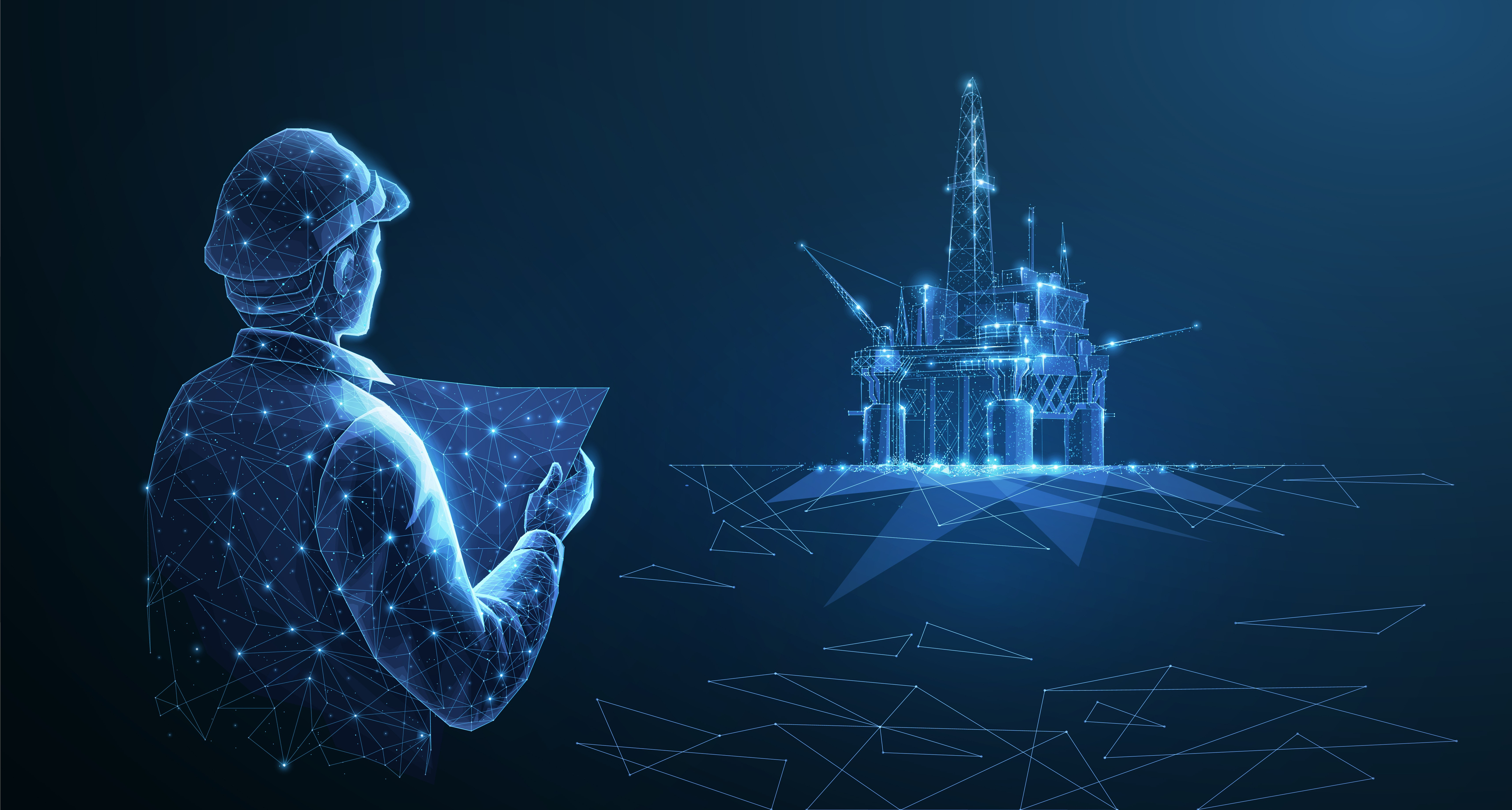
The Role of Digital Tools in Reliability and Collaboration
The industry stands at a turning point, where improving reliability in oil and gas depends on collaboration and shared learning. As technology advances and operational risk remains high, moving away from isolated reporting toward open, anonymous collaboration is both a moral and strategic priority.
A system like Asset Guardian, which operates across companies and industries, enables secure sharing of best practices, incident data, and reliability insights without compromising confidentiality. This type of digital platform supports compliance, predictive maintenance, and risk management while protecting corporate interests. This approach is already being used in real-world environments, as shown in this Asset Guardian OT/ICS asset management case study.
If reliability and data sharing are priorities for your operations, we’d be happy to discuss practical solutions.
